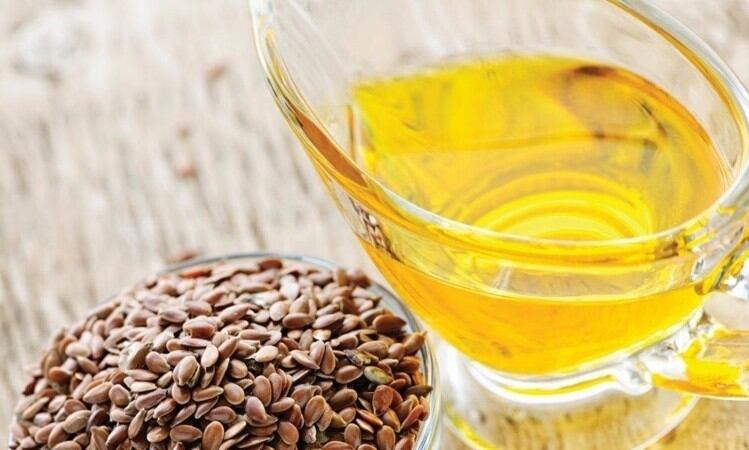The study, High maternal linoleic acid diet in pregnancy, has been published in The Journal of Physiology.
Dr Deanne Skelly, Deputy Dean of Learning and Teaching and Senior Lecturer at Australia's Griffith's School of Environment and Science, led the research, which found that a diet with high concentrations of the omega-6 fatty acid, linoleic acid, reduced the percentage of male babies born in an animal model.
Dr Skelly said Western societies were increasingly eating more omega 6 fats, particularly linoleic acid, which is present in foods such as potato chips and vegetable oil, and Australians in particular were eating three times the recommended daily intake of linoleic acid.
"Our data showed that in rat mothers who ate a high linoleic acid diet, their liver had altered concentrations of inflammatory proteins and their circulating concentrations of prostaglandin E (a protein that can cause contraction of the uterus during pregnancy) were increased and leptin (a hormone that can regulate growth and development) was decreased,” she said.
Dr Skelly added: “Rat mothers can have between 4-12 babies typically. Our study showed that eating a high linoleic acid diet reduced the percentage of male babies.”
In the study, females rats consumed a diet high in linoleic acid (6.21% of energy) or a diet low in linoleic acid (1.44% of energy) for 10 weeks prior to mating and during pregnancy.
There were no differences in maternal or foetal body weights or organ weights, and no difference in maternal circulating cytokine concentrations between dietary groups.
However, the researchers found that among those on the diet high in linoleic acid there were altered concentrations of inflammatory proteins in the liver, circulating concentrations of a protein that can cause contraction of the uterus during pregnancy were increased, and a hormone that can regulate growth and development was decreased.
These changes may result in an increased risk of pregnancy complications and poor development of the babies.
With regard to the sex of the offspring, the researchers wrote: “The proportion of male foetuses was lower and circulating prostaglandin E metabolite concentrations were increased in the high linoleic acid group. In conclusion, consumption of a maternal diet high in linoleic acid alters cholesterol metabolism and prostaglandin E metabolite concentrations that may contribute to the reduced proportion of males.”
Further studies
Dr Skelly added that is theif the effects of a high linoleic acid were the same in rats and humans, this would suggest that women who were planning to start a family should consider reducing the amount of linoleic acid in their diet.
“Our findings suggest that it’s probably a good recommendation for women who are thinking of getting pregnant to reduce the content of omega-6 in their diet,” she said.
“But we don’t know at this point if it is going to cause deleterious effects long-term.
“My hope is that we have the opportunity to investigate further the links between high linoleic acid in the diet and birth outcomes and child development.”
Dr Skelly said the research team was currently investigating if there were any changes in the children from mothers who ate a diet high in linoleic acid during pregnancy.
“We are interested to see if the mother’s diet increases the child’s disease risk, and if males are more adversely affected.”
Source: The Journal of Physiology
"Elevated maternal linoleic acid reduces circulating leptin concentrations, cholesterol levels and male fetal survival in rat model"
https://doi.org/10.1113/JP277583
Authors: D Skelly, et al



